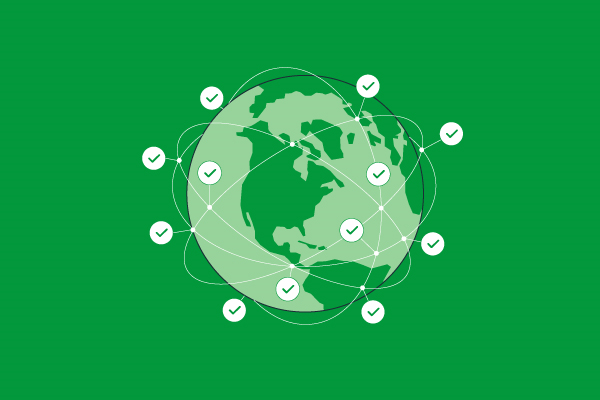Apple Pay is charging banks a fee on each transaction?
According to a recent report, Apple is going to charge banks a fee when consumers using iPhone to complete payment instead of credit card or debit card. It allows Apple to take a share of the spoils from the growing mobile payment market.
Apple released iPhone 6 and iPhone 6Plus on Thursday, both of the two versions had been embedded with a payment feature named Apple pay. Apple Pay enables consumers to shopping with a touch on their iPhone, no longer need to swipe of their cards. Giant banks such as JP Morgan, Bank of American and Citigroup have already agreed to integrate their credit card into iPhone’s payment system.
The source said that Apple is going to charge a fee on every single transaction according to the agreements it has reached with these banks. Although these agreements allow Apple to obtain a certain profit from the $40 billion of swipe fees of banks annually, banks can still benefit from the expenditure of increasingly smart phone and other digital devices.
The source neither specified the detailed charging standard, nor pointed out whether it’s related to the transaction volume. The charging model of Apple Pay is based on the charging structure of American credit card and deposit card. Currently, merchants usually charge 2% of the total transaction volume as a fee.
Apple Pay cooperates with Visa, MasterCard and America Express to process transactions. Last year, Visa and MasterCard has processed 63.4 billion transactions in America, and the total transaction value is $3320 billion. The total transaction value that America Express processed last year was $637 billion.
According to a report of Forrester Research, the market size of mobile payment will possibly have three times increase by 2017.
















Comments are closed.